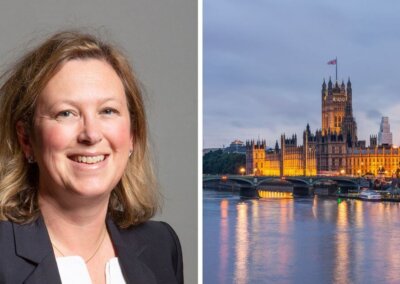Costa Rica’s president has signed a statute that could increase the number of abortions in the Central American nation.
While it does not expand or change any laws, the legal statute signed by President Carlos Alvarado Quesasda clarifies the conditions under which doctors can perform an abortion procedure in the country. It could, therefore, give doctors the ‘confidence’ to perform abortions without legal repercussions.
Pro-life campaigners in the country are dismayed at President Alvarado, saying the move could open the door to abortion on demand.
Since 1971, Costa Rica’s Criminal Code has allowed abortions to take place with the consent of an expectant mother “when done in order to avoid a threat to the mother’s life or health” and when no other alternatives are available.
However, The Tico Times claims that, despite what the law stipulates, many doctors fear performing an abortion because of the lack of a protocol that establishes the procedures to follow and the precise conditions in which the law is applied.
The Health Ministry and Casa Presidencial has now stated that these are the rules surrounding the legislation:
- A group of three medical professionals must assess (within three days of a request for an abortion) if a termination is legally permissible for the woman seeking one
- There must be no other option to secure the woman’s emotional or physical health.
- Once they decide, the woman can either accept that decision or appeal. In addition, the woman must have given consent to the abortion and must have access to understandable, timely and scientific-based evidence upon which to base her decision, as well as comprehensive care.
- Health professionals have the ability to cite conscientious objection to the procedure while ensuring it does not affect the medical attention available to the woman.
The President’s actions come just two weeks after tens of thousands of people have marched through the streets of San José, the capital of Costa Rica, in defence of life.
Fabricio Alvarado Muñoz, leader of the Costa Rican opposition party, said at the march: “the groups that have promoted this statute are the same ones that ask for abortion without any reason. This shows us that what this statute really proposes is unlimited abortion in Costa Rica”.
Pro-life advocates have been showing support for the unborn in rallies around the world.
This month, thousands of people from all over New Zealand marched in the country’s capital calling on their political leaders to defend human life from conception, ahead of next year’s vote on an extreme abortion bill. Over 50,000 people gathered in the streets of Slovakia’s capital city, Bratislava, for The National March for Life as the country debates allowing abortions after 12 weeks gestation.












